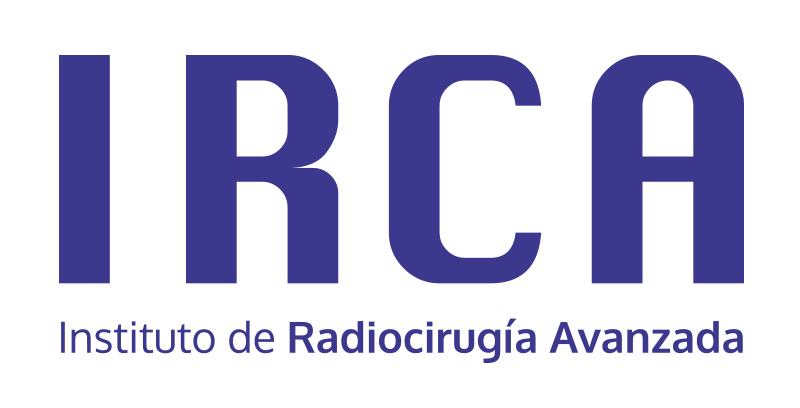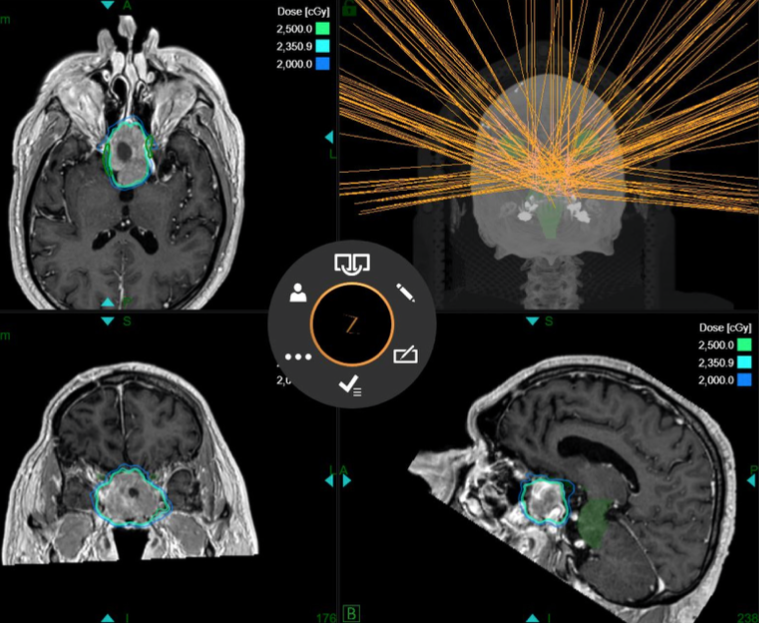Success story
Pituitary Macroadenoma
- Home
- SUCCESS CASES
- Pituitary Macroadenoma
The Advanced Radiosurgery Institute focuses on achieving the best results in cases of patients who have a complicated diagnosis and need to be treated with another technique, as in the case of this patient with pituitary macroadenoma.
Thanks to the ZAP-X, the most innovative stereotactic brain radiosurgery system, it is possible to treat various malignant and benign tumours, as well as other pathologies.
This innovative system, together with IRCA’s medical team, helps patients with severe prognoses and offers them the best quality of life. One of these cases in which radiosurgery has been necessary with the ZAP-X was to treat one of the most common benign intracranial tumours.
Today we bring you some details about how we carry out the treatment of pituitary macroadenoma using ZAP-X.
In 2006, a 72-year-old man went to the doctor due to a decrease in visual acuity. After this visit, he was found to have a very large tumour that even completely displaced his optic nerves.
Due to the complicated diagnosis, the man had to undergo three operations with partial resections and progression after each of these operations.
Subsequently, the patient made the decision to come to our centre to see what other options there were for his treatment.
Treatment of Pituitary Macroadenoma with ZAP-X
Our medical team then proposed a solution: treatment by radiosurgery to deliver a single therapeutic dose to the tumour.
Thanks to this type of treatment with ZAP-X, it was possible to protect the optic pathway so as not to worsen his visual impairment.
A pituitary adenoma is a benign, slow-growing tumour that arises in the cells that form the pituitary gland. The pituitary gland is located at the base of the skull and is responsible for regulating the balance of many of the body’s hormones.
As a benign brain tumour, the adenoma has well-differentiated borders and is not usually deeply embedded in the brain tissue.
Due to its location, the ZAP-X is able to achieve great results in this type of case, as it can more effectively target the irradiation and thus optimise the dose to the area to be treated.
Adenoma is one of the most common diseases affecting the pituitary gland, accounting for 10-15% of intracranial tumours. Tiredness, nausea or drowsiness are some of the symptoms caused by adenomas.
IRCA specialises in the radiosurgical treatment of benign and malignant lesions of the brain, head and neck, as well as numerous functional pathologies. If you would like more information about the treatments we carry out in our centre or if you need help you can contact us on 911 091 946 or by email at cfernandez@institutorca.com


